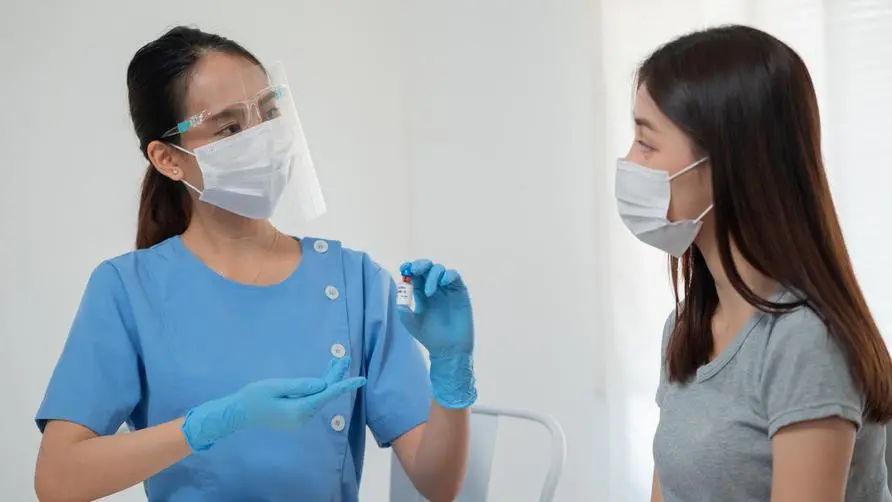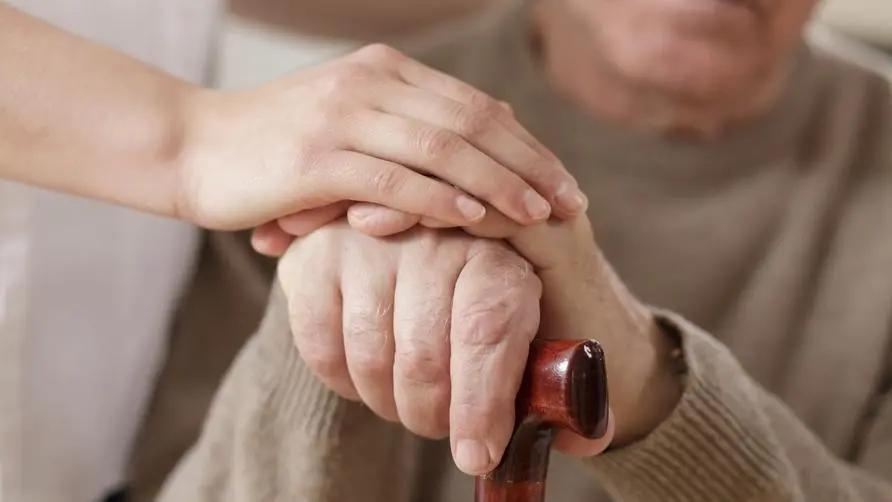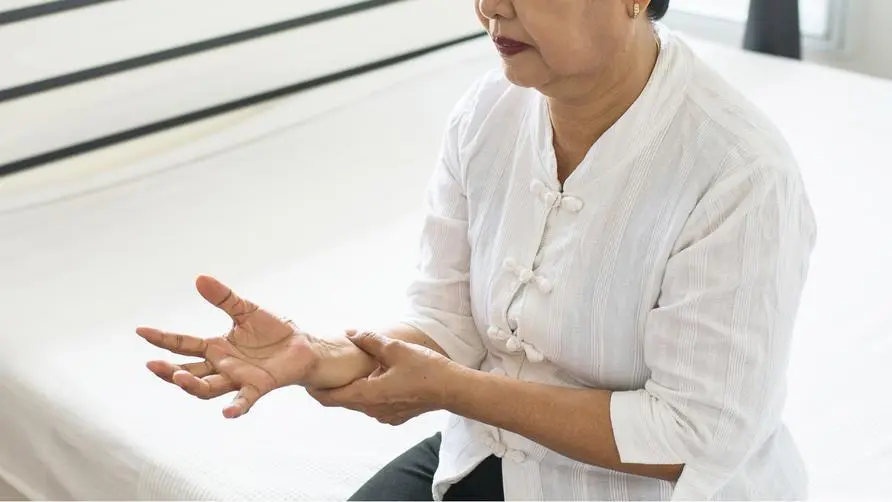A new dawn for non-drug treatments for Parkinson's disease! "Shenbo Knife" eliminates the need for surgery and improves tremor symptoms on the same day

Uncontrolled limb fluctuations due to medication and Parkinson’s disease affects life
Parkinson’s disease is one of the most common neurodegenerative diseases. Symptoms such as tremors (mostly resting tremors) or freezing of gait may make it difficult for patients to maintain a normal life. Parkinson’s disease is caused by the degeneration of cells in the substantia nigra of the midbrain and the brain’s inability to secrete enough dopamine, which leads to abnormal function of the basal ganglia circuit and the inability to regulate body movements normally.
Dr. Luo Weilun, director of the Department of Functional Neurosurgery at Shuang Ho Hospital, pointed out in an interview with “healthorn” that dopamine drugs can significantly improve the symptoms of Parkinson’s disease, but some patients’ daily functions will be significantly affected due to fluctuations in drug efficacy or stubborn tremors. Influence. When the disease enters the middle stage and is complicated by unexpected side effects, non-drug treatments may be considered to help improve symptoms.
What treatments are available for Parkinson’s disease? “Shenbo Knife” improves tremors on the same day without surgery
Dr. Luo Weilun said that drug treatment is the first choice for Parkinson’s disease. The initial treatment effect is remarkable, but as the degeneration continues, patients will face the need to adjust the drug dosage, leading to an increase in the frequency of side effects. Most surgeries for Parkinson’s disease are based on “deep brain stimulation”, which involves drilling two small holes in the skull and implanting a chip to control symptoms through voltage and electricity. Deep brain stimulation has been developed for nearly 40 years. Although the therapeutic effect is clear, the surgical risks of brain implants and craniotomy must be considered.
For patients with Parkinson’s disease, the latest “Shenbo Knife” treatment does not require surgery and has no risk of implants. Dr. Luo Weilun explained that the full name of the surgery, referred to as “Shenbo Knife”, is “Magnetic Resonance Imaging Navigation Focused Ultrasound”. It uses ultrasound to destroy abnormal brain function. The current indication is to treat the tremor symptoms of Parkinson’s disease. , the effect is quite outstanding, and the patient can feel obvious improvement on the day after the operation.
Dr. Luo Weilun said that the application of “Shenbo Knife” in the treatment of Parkinson’s disease has been in full swing in the past ten years, and clinical trials in 2020 have also confirmed that the effect is significant. For patients in early stage 1-3 disease course, symptoms can be improved earlier through Shenbo Knife. Patients in the middle and late stages can discuss suitable drug and non-drug treatments with their doctors. Compared with surgery, Shenbo Knife has no risk of incision and is suitable for a wider range of age groups.
Irreversible drugs for Parkinson’s disease degeneration plus Shenbo Knife help control symptoms
However, Dr. Luo Weilun emphasized that Parkinson’s disease is a neurodegenerative disease that causes movement disorders, and neurodegeneration of the brain is irreversible. Whether it is drug or non-drug treatment, the purpose is to delay degeneration. Research on Shenbo Knife treatment shows that patients can last for more than 5 years after receiving treatment. Even if the treatment effect fades, a small amount of drugs can be added depending on the patient’s degeneration to help alleviate symptoms and maintain a good quality of life. At present, patients can achieve good symptom control through Shenbo Knife combined with drug treatment.
Dr. Luo Weilun reminded that if patients with Parkinson’s disease become aware of changes in symptoms, such as entering the middle of the disease course 3-5 years after the onset of disease, the effect of drugs begins to decline and side effects that are unpredictable or interfere with daily life may occur after adjusting the drugs, such as abnormal drug concentrations. For “switch phenomenon”, impulse control problems, mental symptoms, etc., you can consider discussing with your doctor whether to intervene in non-drug treatments.
Further reading:





